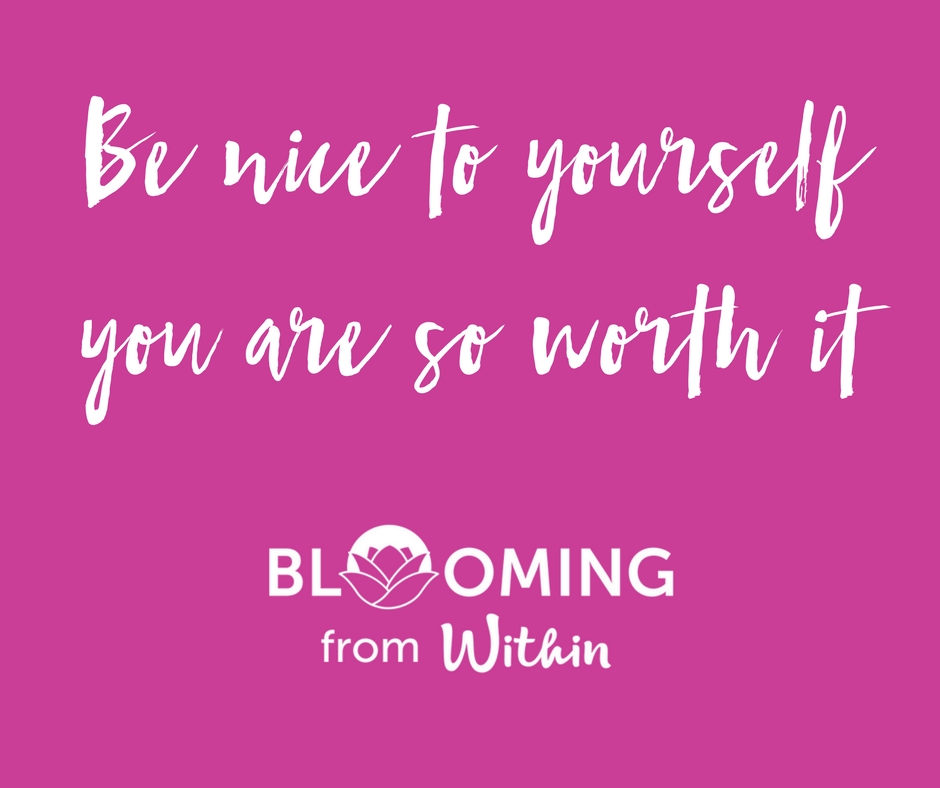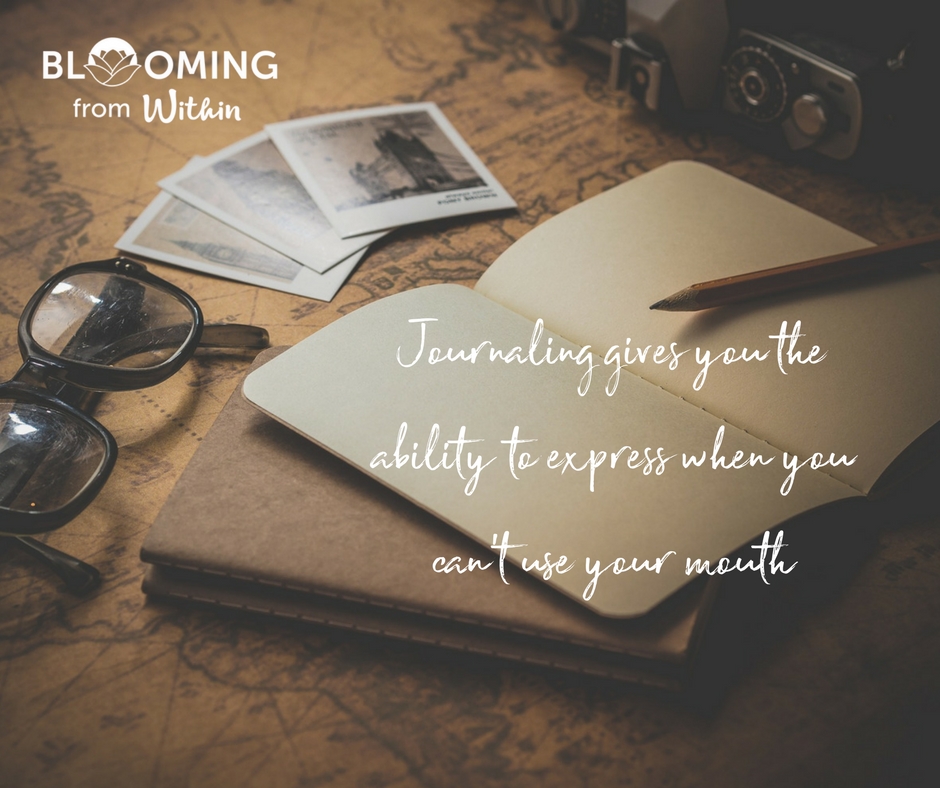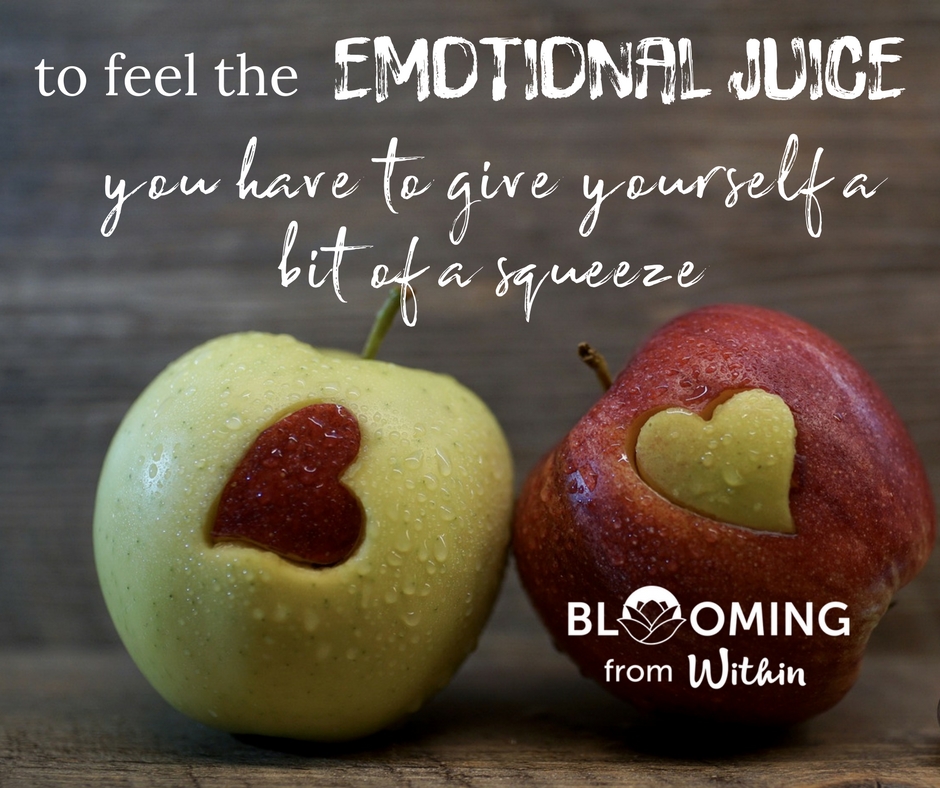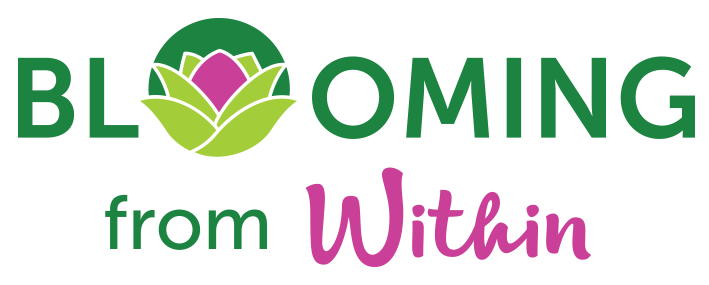In a previous work life, I have been both an Investigation Officer and HSE Auditor. Both of these roles taught me to dig deep, without fear, to find the evidence of where the gold is. Today my role as a Change Facilitator is similar, in that I still dig deep, but to find the stress patterns which stop you accessing your gold so that you can walk your journey path and shine your light brightly to the world.
I utilise reflection as a tool in my daily practices, both private and clinical. It’s second nature, and if I’m stressed it sometimes turns into overthinking. When the ‘merry-go-round’ or monkey chatter is active in my mind that’s often when I’ll stop and take myself for a walk. The rhythmic movement clears my head and allows me space to analyse.
In business, the use of ‘review’ within a management system is used to measure compliance with the objectives and targets for a specific period. Reflection of our journey path is no different. In wellness coaching, we
- Set our intention of the dream life we want to live
- Create goals of the new habit(s) which will support us in achieving our dream life
- Identify strengths, weaknesses (I like to call these opportunities for improvement) and obstacles which may prevent us from achieving the goal
- Identify the small steps associated towards creating the overall new habit to support our dream life
- Take action by scheduling, planning and implementing through agreed commitment to self and coach
- Reflect on success of how well you progressed!
So here’s some of my top tips to support your reflective progression on working towards achieving and living your ideal life…

When you commence your goal setting process, write yourself a love letter, dated perhaps six to twelve months from the day you set your goal(s). Write to yourself, as if everything you desire has already happened. Sit and connect with how awesome it feels in your body and heart space. Capture these feelings or ’emotional juice’, write them in the letter.
Why bother capturing these feelings on paper? This way you are reinforcing the evidence of how you want to feel, as well as setting your intention with the universe for it to be delivered. By writing down the emotional juice you’re creating an evidence alert system for your conscious brain to be alerted. When the alert signal is activated, your emotional brain activates the brain reward pathways (ie your positive brain chemistry) and you naturally seek more of it!
You are also writing a recipe of how you want your dream life delivered. Be careful not to focus on acquiring stuff, but the feeling of how living your dream life will be.
When reading the love letter, later in time, you are able to connect with the intention of what you wanted to feel. You are then able to reflect on the success you have achieved or need for further improvement and refinement of some of the steps. Note that if you’re not quite there, you haven’t failed – because you’re reading the letter! You’ve made it, you simply have more of the lesson to learn.

Perhaps when you initially wrote the goal you may not have been able to factor all the steps involved, and this is the exciting component of your evolution towards your dream life, your expansion. So, be nice to yourself, you’re so worth investing your energy and effort into this change process.

Journalling is an amazing tool, a little old-fashioned perhaps, or corny some might say? But I find myself in my clinical practice sharing how useful journalling can be in releasing the monkey chatter merry-go-round thoughts. You literally defuse the mental energetic habit which is stuck on analyse everything, anchor in negative feelings and emotions and then REPEAT! It’s a vicious cycle.
Additionally, journalling is very effective for allowing you to vent, to release all that negative verbal vomit that just sometimes isn’t appropriate to say. There are time and occasions where it is simply not appropriate to say the first thing that comes to mind. It’s not appropriate for example to word vomit to a child, or perhaps an in-law, or a police officer. Everyone deserves your respect, for that’s the energy we want returned to us.
Journalling is exceptional for capturing the word vomit in a safe and expressive way. Practicing kinesiology has helped me to see, that once you release it out of your head and onto paper, you’re no longer storing that negative energy in your body. The science of psychology shows us that hanging onto our emotions isn’t healthy. When you pull this together with how neurology works, kinesiology shows us exactly which part of the body stores it. You might be surprised to learn that specific organs will house specific unexpressed emotions. Store too much negative unresolved emotion, and think what that will do to the physical energy of that organ!
Releasing the negatively energised monkey chatter is an exceptionally good way of clearing your mind so that you can concentrate on the quality of your emotional juice – your feelings!

It takes courage to dig beyond the expression of whatever drama happened in your day, and explore how these experiences made you feel. It takes honesty with self to acknowledge whether there is something for you to let go, because it weighs you down and prevents you from evolving. An example of this would be hanging onto being angry with someone instead of forgiving them and yourself for your reaction.
Journalling allows you express yourself safely, when perhaps you can’t physically do so. It allows you to literally reflect on whether your behaviour and actions of the day or moment have aligned with your intention of living your dream life. Journalling with honesty and integrity for self also removes that critical voice within, and reconnects you to how you feel. After all, it’s the emotional juice, the good juju we want, not the monkey chatter!
You might ask yourself this – how do I commence this journalling process. Consider the following questions and start writing the answers!
Go to this LINK and decompress.
Coaching combined with kinesiology allows you to defuse stress and honestly explore self without fear or recrimination. Once negative emotional charge is removed from your body you can:
- Learn from your failures, mistakes, and experiences and identify areas for enhancement and improvements (ie change);
- Clarify your values, priorities, and strengths and access these internal resources;
- Release emotional attachment to people, things, and events and live your life without drama;
- Make different action choices, independent decisions, and new associations for YOU first, not others;
- Remove inner roadblocks (otherwise called negative emotional charge) that hold you back from achieving your goals and get in the way of you taking action;
- Examine your habitual behavior patterns and intuitive feelings without fear of being vulnerable;
- Gain deeper insights into your thought processes associated with a vast array of your experiences and assess whether you have correctly perceived reality or whether your negative emotional charge created misperceptions (which you can change);
- Expand your perspective and understanding of people and situations, and not invest in the drama of others;
- Acknowledge old behavioural patterns (which you are trying to shift) as they arise in given situations or triggered by certain people, providing you the opportunity to consciously change the habit with positive charged emotions and motivations; and
- Respond calmly and appropriately to challenges that may have otherwise hindered your progress.
Adam Sicinski nailed it by saying “As a whole, self-reflection provides you with an opportunity to consciously and actively create your life on purpose. What this means is that you no longer respond haphazardly to events, people, and circumstances. No longer are you at the mercy to the world around you, you are instead the captain of your ship, steering it in the direction of your choosing.”
Revision of your intention and associated goals allows you to ascertain whether you have strayed off your target objective, or whether you are on course. Reflection of the small actions implemented enables you to gain that emotional juice, of how you want to feel once you’ve achieved the goal. By connecting with the feels you readily connect with whether the action is right for you, whether you need to do more of it to increase the feeling or change action altogether. By doing this you are connecting with YOU – the most important person in your life!
References:
Sicinski, Adam. () “Self Reflection: How to make the most of every experience” IQMATRIX. https://blog.iqmatrix.com/self-reflection


I am genuinely thankful to the owner of this web page who has shared
this great piece of writing at at this time.